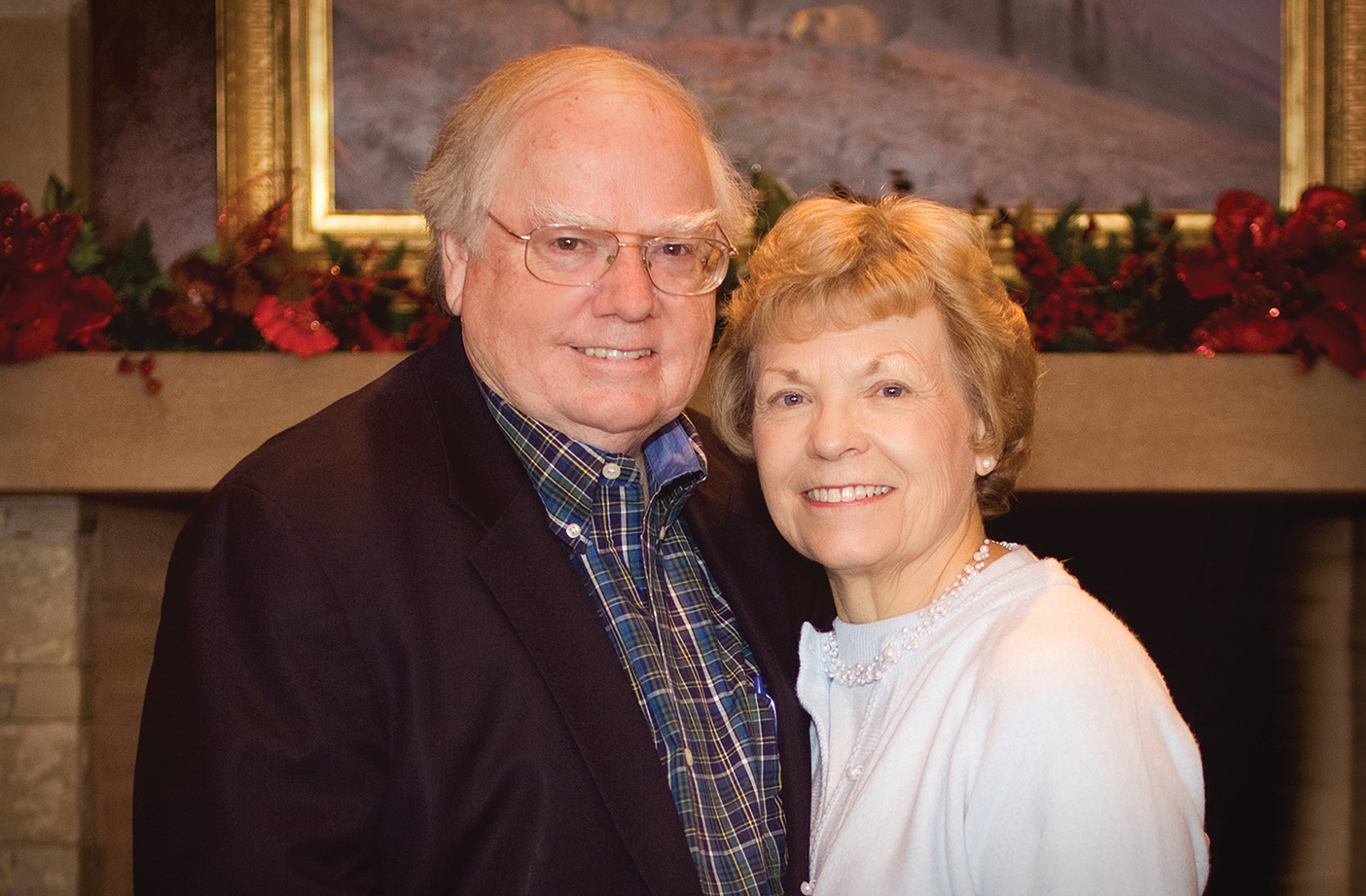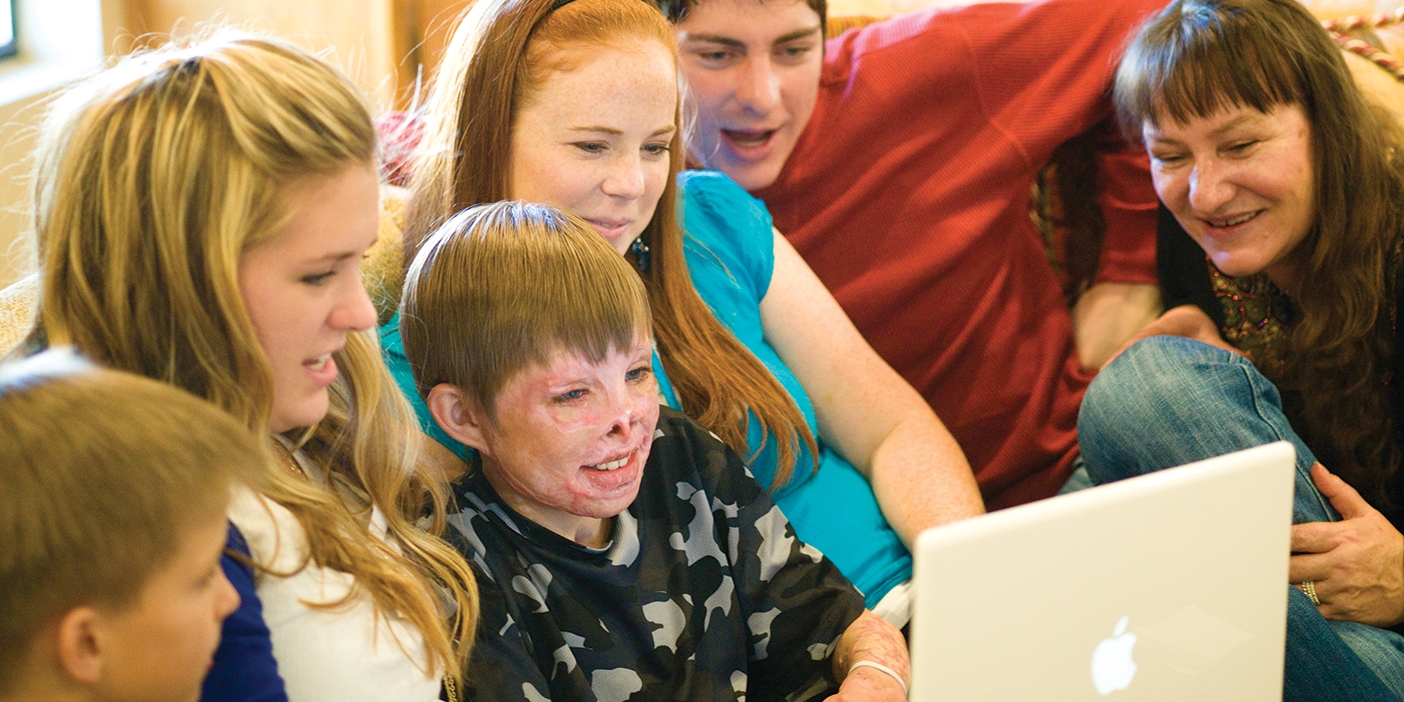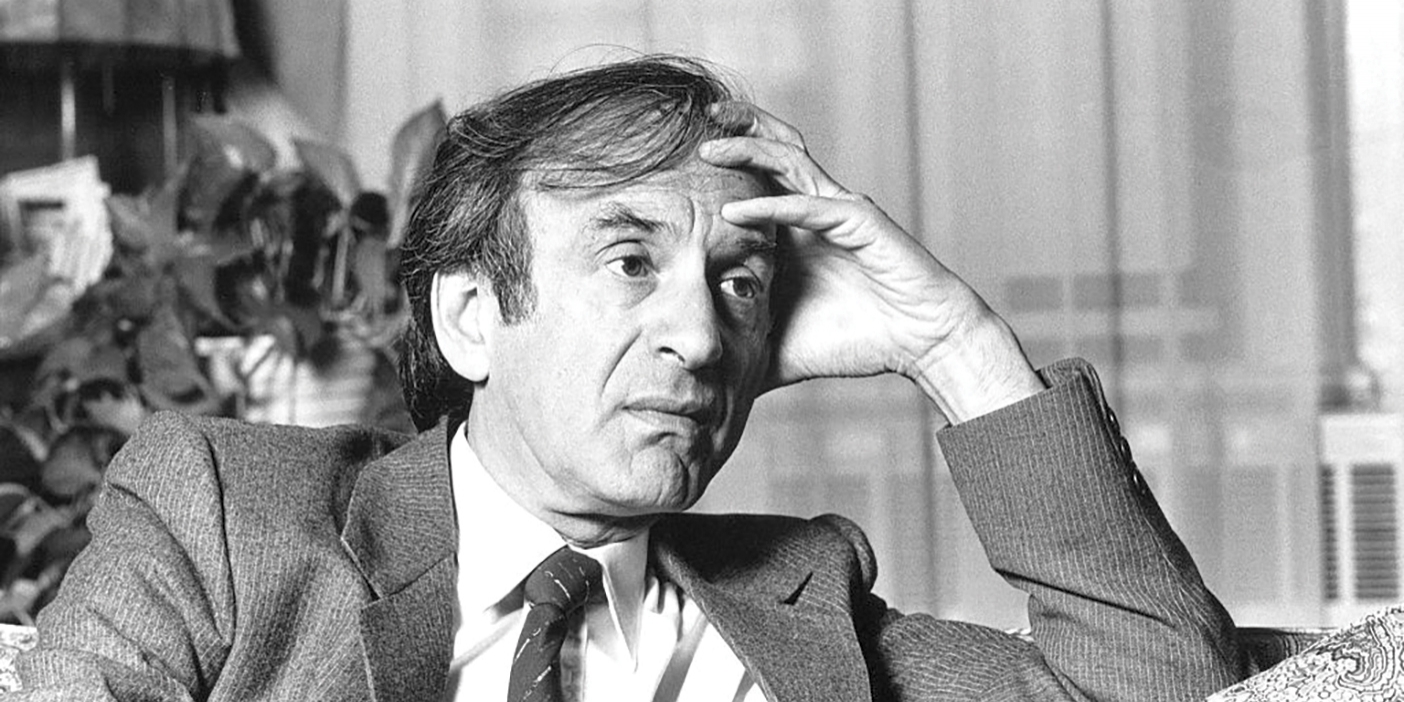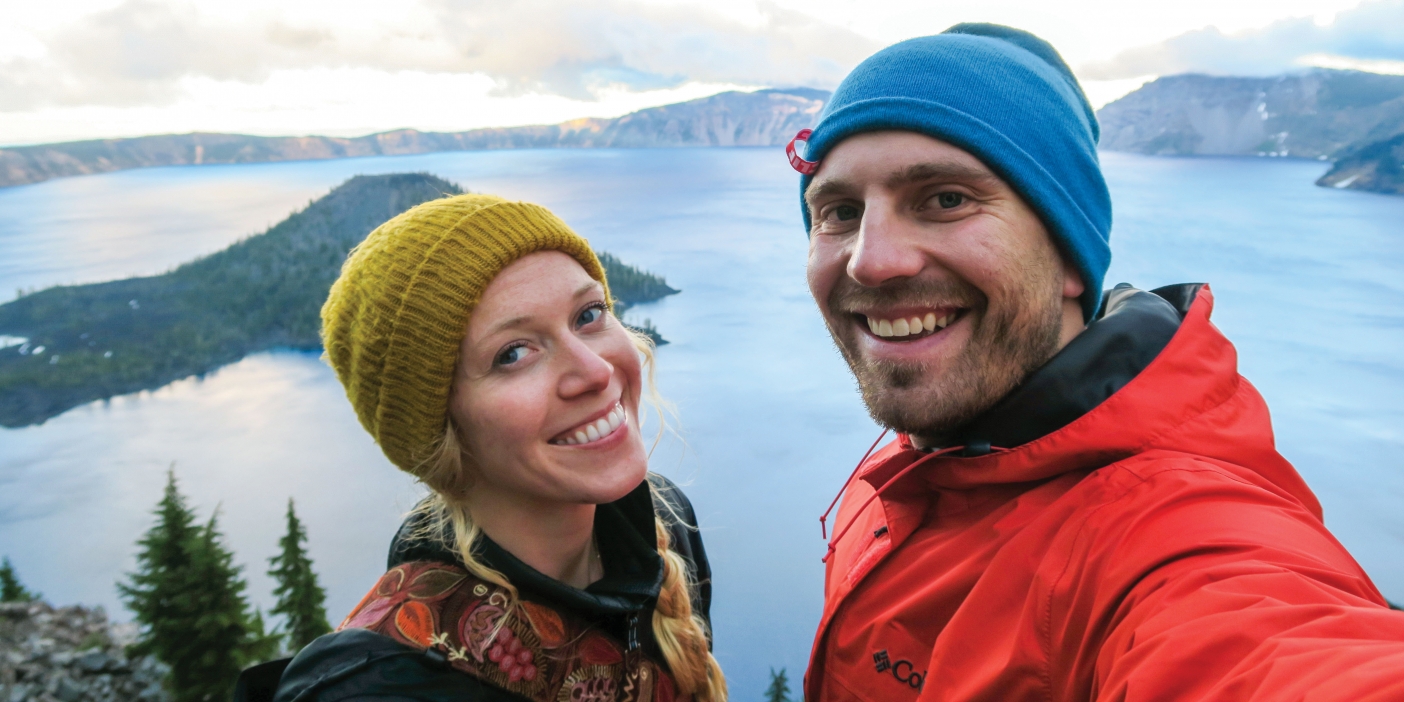
Bette Mignon (BS ’65) and Stephen W. Gibson (BS ’66) are entrepreneurs and teachers who combined their passions by founding the Academy for Creating Enterprise in the Philippines in 1999. Their program, designed to teach poor returned missionaries how to become self-reliant, now has 220 chapters in six countries and more than 10,400 alumni. In 2016 the Gibsons received the BYU Emeriti Distinguished Service Award. Their program now serves as a guide for the Church’s developing self-reliance program.
Steve: “[When we sold our business and moved to the Philippines], people thought we’d lost our minds.” Bette: “It was at Y2K, when airplanes were supposed to drop out of the sky…” Steve:“…and we were getting on one. We had made a list of 25 things we could do to serve. On the list was to mentor people. Another was to teach. And to help returned missionaries. And to do it internationally. I’d gone to the Philippines four times with Enterprise Mentors, but we wanted to do something different. We couldn’t get sponsors. So we just did it. We loved the people, knew they spoke English, and knew they had a great need.”
Steve: “We thought all we had to do was pour a pitcher of wisdom into their heads. It doesn’t work that way. People have to change their behavior and the way they think.” Bette: “It’s changing the culture. For Filipinos, they’re taught to grow up and get education and get a job. But there are no jobs.” Steve: “The biggest obstacle was realizing it wasn’t enough to teach them knowledge. It was that they didn’t have vision, and, without role models, they couldn’t see opportunities. We had to somehow motivate them and help them make a change.”
Bette: “What’s yours is mine—that’s how poor people survive.” Steve: “If my child needs to get out of the hospital and you’re my second cousin and you’ve got a business, I know you’ve got money in it. You’re expected to give your cousin money.” Bette: “So Steve developed 25 rules of thumb for entrepreneurs. One is ‘practice separate entity.’ You keep your business money separate from your personal money. That is a whole paradigm shift, culturally.”
Bette: “Steve knows what to teach, and I know how to teach it. Our partnership works like this: I take small tasks and make them huge.” Steve: “And I take huge tasks and make them small. I’ll start it, and she finishes it. I come up with the concept, and she works out the details.” Bette: “We have learned our complementary strengths. For a while our kids were setting bets as to whether we’d come home on the same plane!”
Bette: “The Filipinos love the academy because we let them participate and help lead. They were used to being in schools where, if you asked a question, the teacher would be dictatorial and almost bite your head off. So they would blossom under what I had learned as an educator.”
Steve: “We don’t teach them how to be rich; we teach them how to thrive. You can be prosperous in your health or in your family. King Benjamin talks about imparting of your substance. It might be a smile. What do you have to give? It’s whatever your substance is, so thriving is much more than wealth.”












